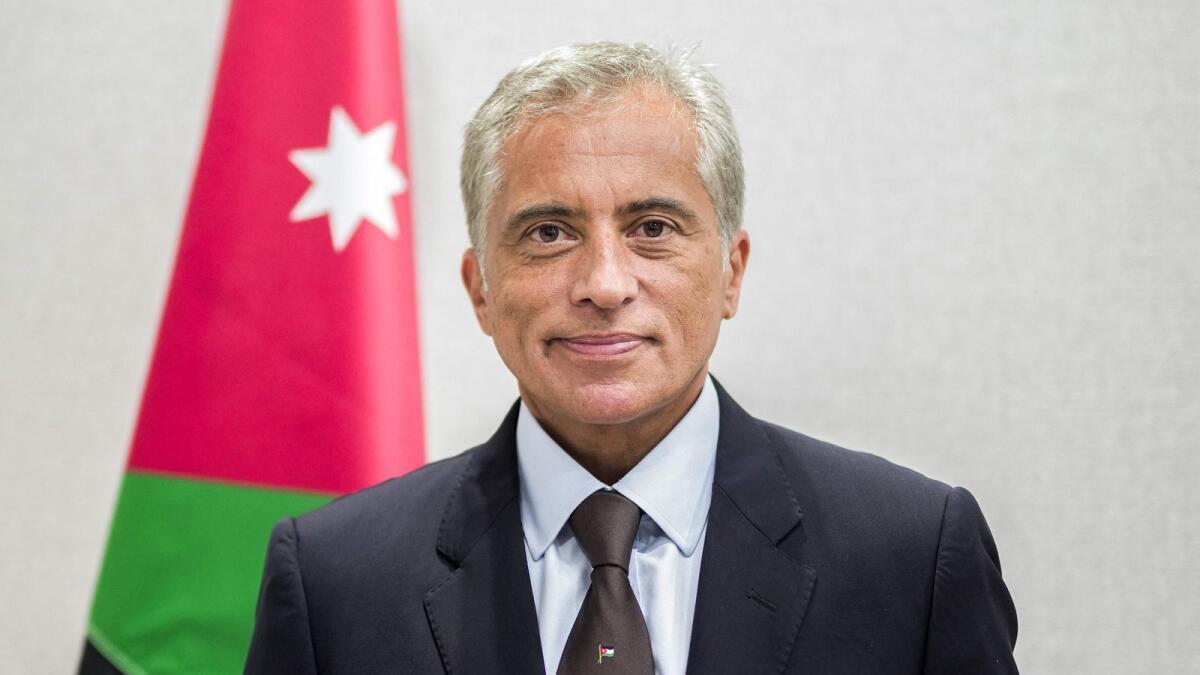
Jordan's King Abdullah Swears In New Government Led By Technocrat
Last updated: Wed 18 Sep 2024, 6:17 PM
Jordan's King Abdullah swore in a reformist government on Wednesday tasked with accelerating IMF-backed reforms and pushing through political and economic modernisation crucial to reversing a decade of sluggish growth, officials said.
The Harvard-educated prime minister, Jaafar Hassan, headed the monarch's office in his last job. Hassan has proven to be an able administrator during a long public career in which he oversaw economic reforms as a deputy premier and during a stint as planning minister, according to officials and politicians.
Politicians say a key task is accelerating IMF-guided reforms and reining in more than $50 billion in public debt in a country with high unemployment and whose stability is supported by billions of dollars of foreign aid from Western donors.
The traditional conservative establishment had long been blamed for obstructing a modernisation drive advocated by the Western-leaning monarch, fearing liberal reforms would erode their grip on power.
Veteran foreign minister Ayman Safadi, whose strong anti-Israel tone has angered the country's western neighbour, kept his post in the new 32-member cabinet that includes moderates, tribal politicians and technocrats.
Hassan had canvassed the views of the powerful Islamist opposition which made significant gains in parliamentary elections earlier this month.
Free-market reforms
The Islamists won 31 seats, the most they have held since parliamentary life was revived in 1989 after decades of martial law, leaving them the largest political grouping in parliament.
Although the new composition of the 138-member parliament retains a pro-government majority, the more vocal Islamist-led opposition could challenge IMF-backed free-market reforms and foreign policy, diplomats and officials say.
The Islamists, who led some of the largest rallies in support of their ideological allies the militant Palestinian movement Hamas, campaigned on a platform of strengthening democracy and lifting curbs on public freedoms.
The detention of dissidents and activists for criticising government policies during the Gaza conflict has heightened worries about a tightening authoritarian grip, rights groups and independent politicians say.
The new finance minister Abdul Hakim Al Shibli, a seasoned economist, replaces veteran Mohammad Al Ississ who won praise from the IMF for stepping up reforms and maintaining fiscal prudence while avoiding austerity policies that triggered social unrest in past years.
The previous government had sought to drive reforms pushed by King Abdullah to help reverse a decade of sluggish growth, hovering at around two per cent, that was worsened by the Covid-19 pandemic and conflicts in neighbouring Iraq and Syria.
Jordan, among the closest US allies in the Middle East, hopes to get more donor aid to help ease the impact of regional turmoil and the Gaza war on its economy, officials say.

Legal Disclaimer:
MENAFN provides the
information “as is” without warranty of any kind. We do not accept
any responsibility or liability for the accuracy, content, images,
videos, licenses, completeness, legality, or reliability of the information
contained in this article. If you have any complaints or copyright
issues related to this article, kindly contact the provider above.


















Comments
No comment